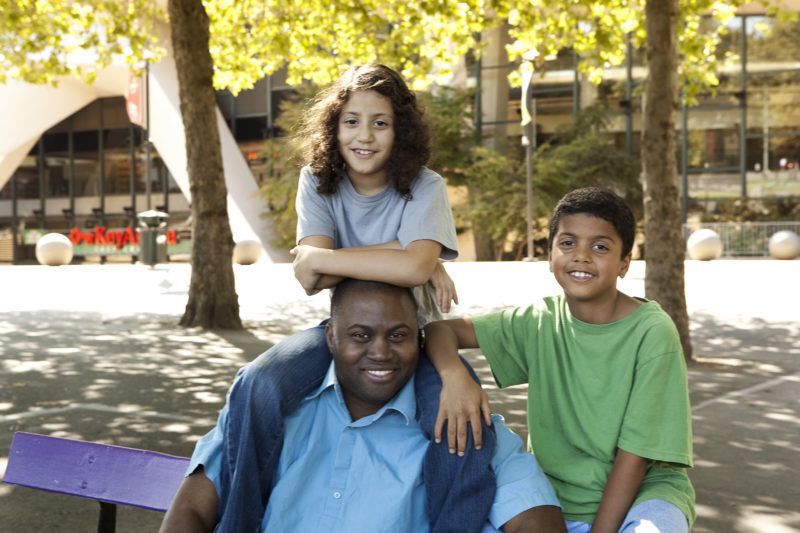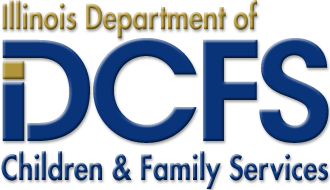The Roles of Historical Trauma and Cultural Humility for Court Appointed Special for Children and Youth Who Have Experienced Abuse and Neglect – Part 1
Beginning to learn about the complexities of historical trauma plays an important role in providing meaningful and trauma-informed services to victims of crime. Additionally, understanding cultural humility and learning how to incorporate these concepts into service delivery can significantly enhance the services and support that are provided to young people involved with the child welfare system. The training will provide participants with concrete steps for identifying and addressing vicarious trauma in themselves and in coworkers and the impact historical trauma may have on personal resiliency. The training will also include strategies for building individual and organizational resiliency and a brief introduction to the OVC Vicarious Trauma Toolkit.
As a result of this training, participants will be able to:
• Define historical trauma and cultural humility.
• Describe two ways that historical trauma impacts many of the children in the CASA program and their families.
Office for Victims of Crime
Training and Technical Assistance Center
Kim Fountain, Ph.D., has worked in the LGBTQ anti-violence movement for more than 25 years and was an adjunct associate professor of Anthropology and Sociology for 11 years. Dr. Fountain is currently the chief administrative officer at the Center on Halsted, the Midwest's most comprehensive LGBTQ community center, where she focuses on people and culture and developing external relationships. She also serves on the National Asian Pacific American Women's Forum board of directors. Focusing on people and culture, Dr. Fountain leads the Diversity, Equity, and Inclusion (DEI) work at the Center on Halsted, engaging academics and community experts to co-design and implement DEI strategies along the organizational chart. She also helps create systems to streamline internal processes so that staff have predictability within organizational operations. She is the senior team lead for implementing a coaching and mentoring program through Bridgespan Group, with the goal of creating role clarity and succession planning for the organization. As part of her external collaborations work in Chicago, Dr. Fountain is a member of several working groups and committees, including the Chicago Mayor’s Office Advisory Council on Women and its Gender-Based Violence Strategic Plan Implementation Task Force, the Board of Commissioners of the Chicago Commission on Human Relations, the Chicago FBI Community Advisory Council, Chicago Hate Crimes Coalition, the Illinois Criminal Justice Information Authority’s CREST Committee on Curriculum Development, and the Chicago Police Department’s Training Community Advisory Committee.
Dr. Fountain is a cultural anthropologist and published author. Academic work remains a focus for Dr. Fountain. She is a co-principal investigator on a Center for AIDS Research project; the lead for a National Institutes of Health Precision Medicine project; and the staff manager for a National Institute on Drug Abuse intervention using motivational interviewing techniques.
Shamele Hill is an independent consultant with the Office for Victims of Crime Training and Technical Assistance Center. Her primary role is the director of training with a local CASA (court appointed special advocates) program in St. Louis, Missouri. She develops and facilitates trainings and support groups for child welfare professionals, CASA volunteers, foster and adoptive parents, youth, and community partners. Ms. Hill has been involved in the field of social work for more than 20 years and has extensive experience working with victims, specifically children who have been abused and neglected and victims of domestic violence. Previously, Ms. Hill served as a case advocacy supervisor at one of the CASA programs in St. Louis, where she supervised CASAs for children in the foster care system. She also served as one of the original resiliency coaches for the OVC-funded Resiliency Project, which developed and pilot-tested a program model that child abuse organizations can use to build resiliency in their employees and volunteers. Upon practicing the principles of resiliency, Ms. Hill developed the Employee Relations Committee within the CASA program. Most recently, Ms. Hill became a facilitator of the Darkness to Light Stewards of Children curriculum that focuses on educating adults on preventive measures for child sexual abuse. Ms. Hill received a master’s degree in Social Work from Arizona State University and a master’s degree in Human Resource Management from Lindenwood University.







